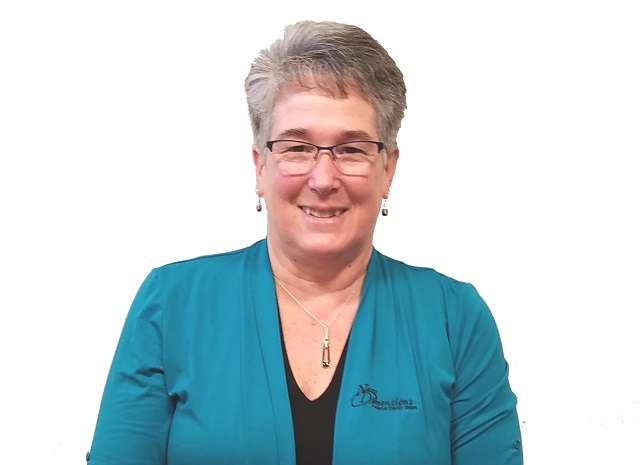 Committee has been reviewing “very different and very complicated proposals”
Committee has been reviewing “very different and very complicated proposals”
After their two-hour discussion Feb. 18 (see The Town Line, Feb. 25, p. 3), China Broadband Committee (CBC) members spent more than four hours interviewing representatives of three broadband program vendors, with brief intervals of committee reaction, on Feb. 22; and talked another three-quarters of an hour in a time-limited (to allow another committee to meet) Feb. 24 meeting.
They hoped the result would be a recommendation to China selectmen to choose one of the three vendors with whom to negotiate about expanding and improving broadband service.
Instead, the document they approved unanimously for submission to the selectboard’s March 1 meeting contains information about each vendor’s proposal, with no recommendation to prefer one over another. The three vendors are Axiom Technologies, of Machias, Maine; Sertex Broadband Solutions, of Plainfield, Connecticut; and Spectrum Community Solutions, of Augusta, Maine.
A second document, at committee member Jamie Pitney’s insistence, was a request that selectmen include $25,000 in the 2021-22 budget as a first payment on a broadband development fund that will eventually begin to cover a town share of costs.
One factor contributing to CBC members’ difficulty in getting to a recommendation is that the committee has been reviewing “very different and very complicated proposals,” as committee member Tod Detre said during the Feb. 24 discussion. Axiom and Sertex offer similar programs, building networks from scratch with the town ultimately to own the system. Spectrum’s proposal, until Feb. 24, was to extend its existing system in China and to retain ownership under contract with the town.
Its original plan included China borrowing via a bond, and Pitney, who is an attorney specializing in public finance, doubted the legality of bonding for a contract that would not give the town ownership.
A second reason for delaying a recommendation came up just before the Feb. 24 meeting: committee members received notice from Spectrum that a revised proposal that would result in town ownership was in the works.
Detre asked if the revised proposal was the equivalent of a new or late submission and would therefore justify accepting proposals from other vendors who missed, or requested an extension of, the Dec. 31 deadline that Axiom, Sertex and Spectrum met. The committee majority was willing to see Spectrum’s fleshed-out proposal before answering the question.
Consequently, they concluded they could not recommend either Spectrum nor one of the other vendors until they had Spectrum’s updated proposal.
Some of the information from the Feb. 22 interviews:
- Mark Ouellette, President of Axiom Technologies, said municipal ownership of the system has a big advantage: if townspeople are dissatisfied, they can kick out the service provider and contract with someone else. However, he was confident that if Axiom were chosen, their “world-class service” would attract significant numbers of customers, new ones and Spectrum’s.
Axiom offers tiered service, with monthly charges of $60, $70 or $100. Committee members saw no additional costs. Once the bond proposed to fund the project is paid off, presumably in 20 years, town voters could use the freed-up money for other town purposes or projects or to reduce users’ monthly fees.
- Mike Solitro, President of Sertex Broadband Solutions, said his company provides prompt service in case, for example, a tree falls on a broadband line, by hiring local linemen and technicians to be on call. In post-interview discussion, Detre said Sertex’s monthly fee for users would be around $70, comparable to Axiom’s.
- Ben Topor, Spectrum Community Solutions’ Vice-President in charge of the northeast division, said Spectrum is the second-largest cable provider in the United States. Spectrum, like the other two, would provide service to an estimated 120 unserved households, extending its current system. It offers a $29.95 monthly fee that would increase by 4% a year.
However, committee members pointed out in discussion, the $29.95 is misleading in two ways. It assumes every household, estimated at 2,300, sign up, to generate the income Spectrum expects; and it omits money the town would need to spend to hire a firm to do billing, estimated to be at least $20 per month per household.
The China Broadband Committee has scheduled its next meeting for 7 p.m. Thursday, March 4, by zoom. The main agenda item is review of the revised proposal from Spectrum Community Solutions, which committee members expect to receive on March 3.
 by Mary Grow
by Mary Grow







